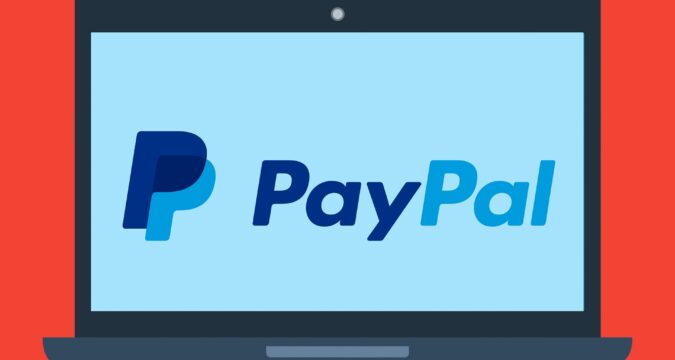
PayPal has rolled out a highly custodial cryptocurrency buy and sell product in which you can buy cryptocurrencies and keep them in the PayPal wallet. To date, nothing else could be done but now PayPal is making it possible to send Bitcoin to an external wallet. The PayPal executive said that they wanted to give their customers a choice to pay in whatever way they wanted to.
This is a bit of a progressive decentralization from some of the big Fintech layers that are dabbling with crypto products. A little bit of this has been seen from Revolut and Robinhood and now indeed is being seen from PayPal.
This is coming from PayPal pretty soon in May 2021 as they rolled it out just in October 2020. It gives PayPal users a bit more control over their crypto.
However, this is just an announcement and things will get into perspective once PayPal starts offering. For instance when Robinhood made the announcement people got excited but you still could not move stuff off Robinhood.
This is what is going to happen eventually on these major platforms and if it wasn’t it would be odd. All of these platforms are going to move into allowing people to actually use their crypto. However, there is no telling how long it will take for these platforms to actually roll this out.
To get the back-end for these things to function takes a lot of work and it’s not simple to roll out these products and services.
Last year touched off with PayPal getting into crypto, almost a calendar year ago. After that, so many new stories started rolling off the bat about custodial services on the back end being acquired by bigger companies. This included Bitcoin, PayPal, Curve, and many more, too many to count. With bigger companies pitching in they can facilitate the movement of crypto because it’s not as simple as one would like it to be. Some of these blockchains are very easy to integrate but that is not always the case. As more people are added as scaling solutions are added it gets way more complexed.
There are challenges around managing these kinds of things for the users of PayPal as well. For instance in the event that PayPal gets hacked and there is no way to recover. For the uninitiated the customers are not people who’re interested in the technology, these are not people who’re going to be making on-chain transactions
There are some challenges that come alongside as many crypto enthusiasts have learned themselves over time and it’s not a free trade-off.
Part of the narrative about not your keys, not your coins wasn’t just to do with exchange hacks it’s also coming off the back end. For example in Cyprus people had more in their bank accounts and the government just seized it one day. Therefore, it’s the idea of financial sovereignty and autonomy and knowing that you’ve control over your funds that is more important. This is regardless of whether the economy goes crazy, the government starts taking more or hackers to take over.




